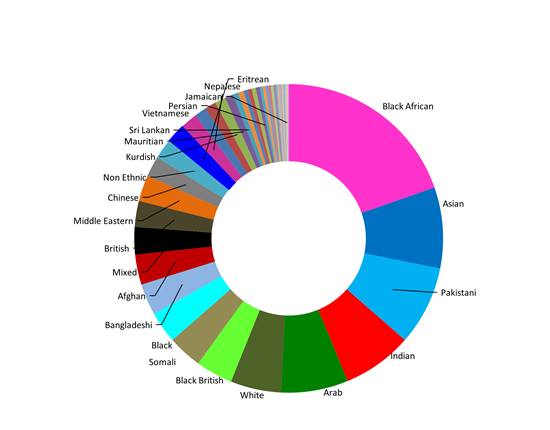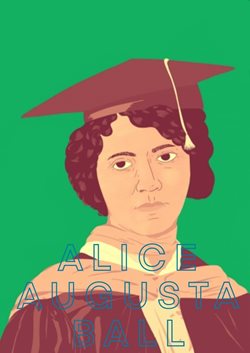Within the prevailing contexts of the Black Lives Matter, Me Too and Rhodes Must Fall movements, Equity, Diversity and Inclusivity currently have much more emphasis in UK Higher Education institutions (HEIs) than ever before.
A particular aspect of HE teaching that has been subject to scrutiny is the concept of “diversifying the curriculum”. This is taken to mean that given the increasingly diverse student cohorts entering into UK HEIs, the taught content of degree programmes should reflect more appropriately the audiences for whom they are intended. Through enlisting the help of our students in a direct and individualised way we might collaborate with them to forge more purposeful links between them, their personal identities and their studies. This should result in students broadening the scope and horizons of their learning at the same time as giving due credit to previously hidden voices in the wider scientific literature.
However, existing degree programmes currently focus almost exclusively on Eurocentric paradigms. Thus, we are in a time when questioning of the previous assumptions of what is and isn’t suitable to be taught in UK HEIs is a “live” issue engendering many theoretical and political debates, not just in our own institutions but in society more generally.
In this context, Black History Month UK 2022 has a theme of “Time for a change: actions not words” with the International Black History Month in the UK campaigning this year on the theme of “Sharing Journeys”, aiming to educate people on the achievements and contributions African and Caribbean heritage peoples have made to the UK’s history and culture.
These are sentiments I have tried to develop in my classrooms at Kingston University (KU) with my amazingly diverse student cohorts in an attempt to expand and diversify the curriculum to better represent the backgrounds and life experiences of these learners.

Figure: KU students self-reporting of their ethnic and cultural identity gives a much more complex picture than the UK census data list of ethnic groups does. Only some of the nationalities/identities articulated by the students themselves are labelled in this pie chart.
A specific action I have employed to engage this diverse learning community is to adapt the standard academic skills task often given to new students – undertaking literature searches and using appropriate academic formulations to cite and reference this literature. This standard approach was refined to include students identifying another literature source, on the same topic, reflecting some particular aspect of the individual students themselves. This could be the author(s) having the same country of origin, ethnicity, family name or hometown for example. In this way a database of scientists from Black and other under-represented communities is being built up. This gives the students aspirational role models they can relate to, or who have similar backgrounds and antecedents to make their studies more informative, enriched and relevant.
Using these exemplars generated by first year students, final year project students and postgraduate Arts students are being enjoined to create pictorial representations of these scientists to illustrate and enhance the biographical material uncovered. Together they are developing a resource aiming to represent previously little-known scientists who have contributed to the canon, with the view to enabling access to this resource for the wider pharmacological community. Thus, our students’ journeys might be shared. The final resource may serve as an engaging and personal introduction into this politically contested arena for colleagues to begin conversations with their own students about diversifying the curriculum. Just as importantly students are provided with an engaging and personalised way to “see” themselves represented in the curriculum.

Figure: Example of student work. Alice Ball was an African-American pharmaceutical science graduate who invented an injectable form of the anti-leprosy agent chaulmoogra oil in 1915. She was the first woman and the first African-American Professor at the University of Hawaii.
Employing this approach has generated a much more engaged and active learning session with new first year students. The standard academic skills task of literature-searching and referencing has been transformed into a “treasure hunt” where students excitedly search through the literature. It has also served as a good ice-breaker session to new students as individuals in the class get to meet, for the first time, other students from the same ethnic and/or cultural background. It also “flips” the class so that now students and not the academic is generating knowledge for the benefit of the wider community.
“I was born and raised in Eritrea. It’s rare to find a scientist from Eritrea in the UK university system or in the literature studied at UK universities because as well as it being a small country and not well known; it’s also a country where any scientific advances are not appreciated worldwide. As a result this research is critical for the development of my knowledge of the science coming from my own community.”
This project received funding from the Society’s Education Grant scheme as part of delivering our vision for inclusive pharmacology.
Find out more about our grants, and read more about the Society’s
new principles for inclusive pharmacology education.
More from Equality, diversity and inclusion
Comments
If you are a British Pharmacological Society member, please
sign in to post comments.